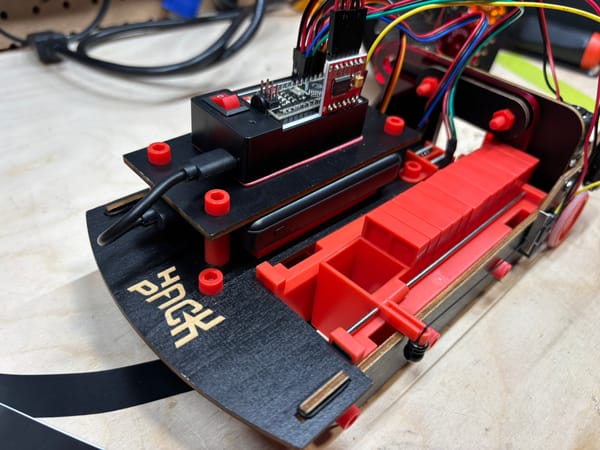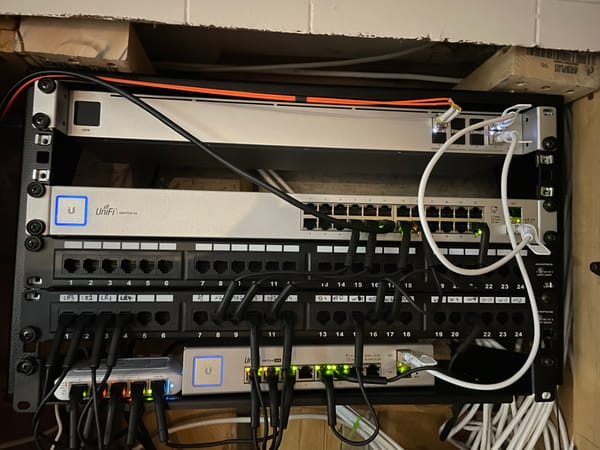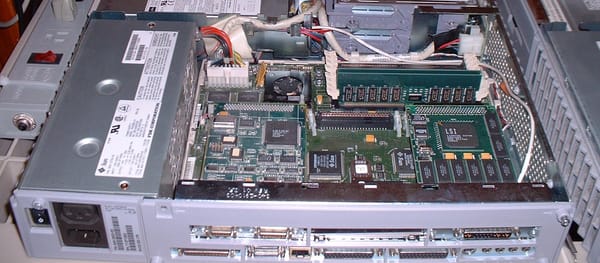Can you Earn Money Playing Video Games - Gods Unchained
Digital collectible card games have a fundamental flaw: cards are locked in the economy of the game. Gods Unchained gives a person ownership by minting cards as NFTs and allow players to earn money for their wins.
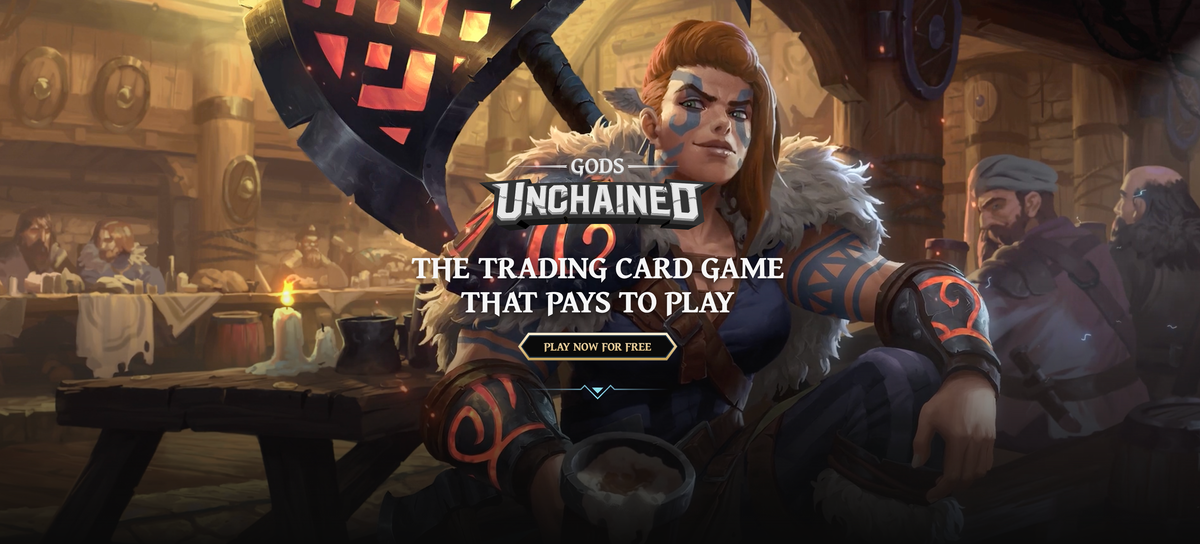
Digital collectible card games have a fundamental flaw : they require players to spend money to buy digital cards, but these cards are locked in the economy of the game. Gods Unchained gives a person ownership of his cards by minting them as NFTs, unique digital items that exist on a cryptocurrency ledger. Players are free to sell or trade cards outside the game's ecosystem. Once sold, the profits can be transferred into USD, thus allowing the player to profit from his wins. This is the incarnation of the Play to Earn model : players can earn cards by winning matches in the weekly tournaments and then sell those cards for real currency.

Gods Unchained provides an interesting introduction to Play to Earn and NFTs. When experimenting with various cryptocurrencies, NFTs are a natural next step. At the same time, "play to earn" is an interesting proposition : earn money by playing games. Playing a couple of weeks semi-competitively was a great learning experience.
The Game
Gods Unchained is a duelling collectible card game. Players chose to "incarnate a god" and build a deck around the main attribute of that god (war, nature, death, light, magic and deception). For example, the god of war has aggressive creatures designed to quickly overwhelm you opponents. Armed with their deck, players will face other gods in a duel. The first god to lose all their life points loses the games. Players can summon creatures, using them to attack the opposing god or defend themselves. Decks also have spells and equipments to shift the tide of the battle.

All cards require a specific among of mana to be played. Players start with one mana, and are given an additional mana each turn. As the game progresses, players are able to cast bigger or several spells each turn. These games mechanics will seem familiar to anyone having played Heart Stone. That said, the game is easy to pickup by anyone that has played a duelling card game.
NFT
In Gods Unchained, many of the cards owned by players are NFT (non fungible token). These are unique digital items that are stored in a cryptocurrency wallet and recorded on the corresponding ledger. A person owns a NFT when the ledger indicates that the item is stored in his wallet. The NFT can then be traded or sold by transferring it to another wallet.
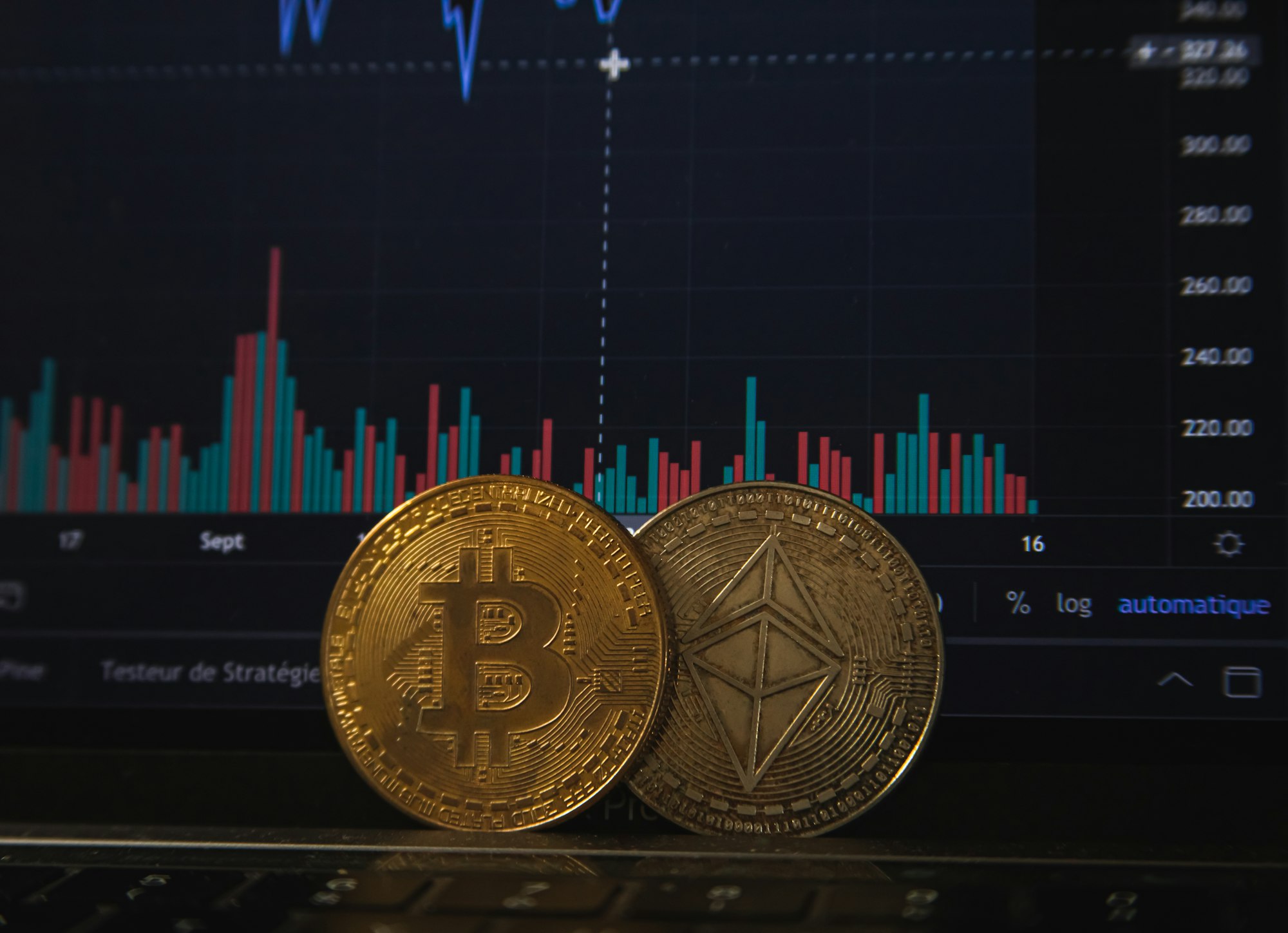
Gods Unchained economy is based on Ethereum. As such, a player needs to have an Ethereum wallet, such as Metamask or Ledger.
TRUE OWNERSHIP FOR PLAYERS
Unlike other free-to-play games, Gods Unchained gives you complete ownership over your in-game items. Collect rare cards, build your deck and sell cards to other players.
Cards have a rarity (common, rare, epic or legendary) and a quality (plain, meteorite, shadow, gold or diamond). Only cards of meteorites quality or better are NFTs. Players can combine identical cards of a given quality, some in-game resources (Flux) and some crypto currency (see bellow) to get a card of greater quality. The quality of the cards in a player's deck increases the amount of resources a player is rewarded. Thus, players are incentivized to obtain cards of higher quality.

Initially all NFTs were minted on the Ethereum blockchain, which meant that any transactional operations were prohibitively expensive. Unfortunately, this included minting, forcing the developers to stop releasing new cards until they found a solution. The developer introduced their own cryptocurrency, ImmutableX to enable cheaper and more efficient transactions. ImmutableX is a Layer 2 Ethereum, which means it uses many of the features of Ethereum, but operates on its separate blockchain. Older cards can still be found on the Ethereum block-chain, while never cards are all minted on the never ImmutableX blockchain.
The game promotes the idea of a completely open economy and this is technically true. Alternate marketplaces, such as TokenTrove, provide players alternatives to sell their cards. However, the prominence of the main marketplace and the lack discoverability of alternate marketplace skews this idea.

It should be noted that this game could be implemented with a developer-operated marketplace without NFT and provide similar functionality. The NFT has not foreseeable value outside the Gods Unchained game. As long as the developer provides the tools for an open market, card ownership could be stored in a centralized database. However, the inclusion of NFTs does allow Immutable to promote their technology, which in turn could be used in other games.
Tokens
In addition to NFTs, Gods Unchained introduces a new form of crypto currency.
Made in partnership with Gods Unchained Corporation, $GODS is the native ERC-20 token of the Gods Unchained universe. Mortals can use $GODS to craft NFTs, purchase packs from the Gods Unchained marketplace and earn even more rewards by holding the tokens in Immutable X. $GODS tokens also represent voting power, enabling players to participate in governance proposals that influence the game’s destiny.
To summarize, the tokens have four types of utilities :
- Tokens can be used to crafts new cards NFT inside the game. As previously mentioned, new cards are created by combining several identical cards of the same quality. The amount of token required depends on the rarity of the cards being fused together.
- Tokens can be used to purchase packs, which will contain a fix number of card NFTs. More expensive packs will costs more token. To create scarcity, packs of a given expansion are only sold for a limited amount of time.
- Tokens can be stalked to earn more tokens. A pool will be funded using proceeds from pack sales and card fusing. Every week, a fixed amount of that pool will be distributed to players, based on the amount of $GODS they hold (lowest amount held in the seven day period).
- Tokens can be used to vote on governance related issue, including the distribution of tokens.
Having a crypto token as a currency is a novel idea, but greatly affects game balancing. Any player can hop onto a crypto exchange and purchase a large amount of tokens. Powerful cards can easily be purchased on the market place, giving a strong advantage to wealthy players.
Are People Playing ?
The "Play to Earn" space is dominated in two types of companies :
- those exceptional at making games but with little experience in crypto technologies
- those with strong crypto technology expertise, but little experience in the video game market.
Gods Unchained is the latter, featuring solid cryptocurrency technology in a troubled game.
Collectible duelling card games are insanely difficult to properly balanced. Experienced companies, like Wizards of the Coast, have spent decades developing this expertise, making many mistakes along the way. The balance in Gods Unchained varies greatly, with one particular god often winning a majority of the matches. Attempts made to rebalance the game have helped, but each change shifts the meta and influences the value of cards.

It's easy to fin angry players on Reddit and the number of active player is slowly decreasing as reported by PeakD and CardsUnchained. The high price fetched by the cards useful in competition create a strong barrier to entry for new players. At the time of writing, the deck with the highest win rate, Sleep Death, costs about 400 USD to assemble. The most popular deck, Aggro Light, costs on average 150 USD to assemble. Although less expensive competitive decks can be assembled, it can be challenging to compete at higher level without some of the more expensive cards.

That said, those playing the game strongly believe in its potential. The foundations are good and the beginning experience provides a good introduction to this Play to Earn game. Players interested in duelling card games should definitively try this game out, at least as an introduction to the emerging Play to Earn model.
Those hoping to earn money from this game should start reading the whitepaper and learn more about the meta using the fantastic GuDecks resource. The reddit community is also a great starting point for discussions, although expect some disgruntle players. You will need to link an Ethereum wallet to your account, so be prepared to do some crypto currency transactions. Also, keep your expectation in check, as the competitive scene at the higher level is extremely challenging.

